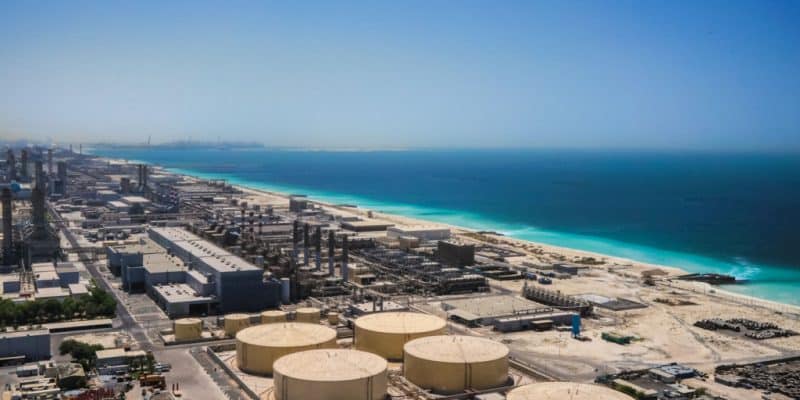By 2024, water desalination will be a reality in the Middle East and North Africa (Mena) region, but the best technical processes for ensuring water security in this drought-prone region still need to be defined. To this end, industry experts met in Abu Dhabi on March 4 and 5 for the 5th Mena Desalination Projects Forum.
What does the future hold for water desalination in the Middle East and North Africa (Mena) region? We’ll know a little more after the 5th edition of the Mena Desalination Projects Forum, to be held from March 4 to 5, 2024, in Abu Dhabi, United Arab Emirates (UAE), the world’s second largest producer of desalinated water after Saudi Arabia. The event will bring together over 400 regional and international stakeholders (executives, companies, consultancies, technology providers, etc.) at the Conrad Abu Dhabi Etihad Towers, from all over the world, including Egypt, Algeria, Tunisia and Morocco, where desalination is improving water supply in the face of drought.
Over two days, participants will discuss ways of overcoming water-related challenges in various Mena countries, using this unconventional water practice. The latest technological solutions will also be explored, with a view to defining which would enable more sustainable water desalination. Indeed, according to experts, water desalination consumes an enormous amount of energy. It would also be responsible for a rise in ocean temperature due to thermal pollution. In fact, the brine discharged into the ocean by a desalination plant is up to 4°C warmer than the surrounding seawater.
The largest regional forum on desalination
In order to find appropriate solutions, these various topics will be debated in three thematically grouped round tables. The first discussions will focus on the twin issues of: “Unlocking investment opportunities in desalination. Brine extraction, zero liquid discharge and underwater desalination”.
This will be followed by country presentations on current and future projects (United Arab Emirates, Saudi Arabia, Oman, Kuwait and Bahrain). The final round table will be devoted to Progress and future trends in sustainable desalination technologies, given that in several countries, governments are increasingly favoring desalination solutions over renewable energies to reduce carbon dioxide (CO2) emissions.
The discussions in Abu Dhabi should accelerate the implementation of sustainable technologies, especially as water desalination projects are set to multiply in the years ahead. Currently in the Mena region, water desalination plant projects are estimated at US$37.7 billion.
For more information on the Mena Desalination Grand-Messe, click here.
Inès Magoum






